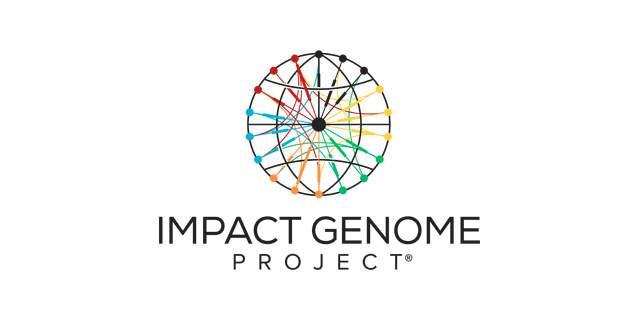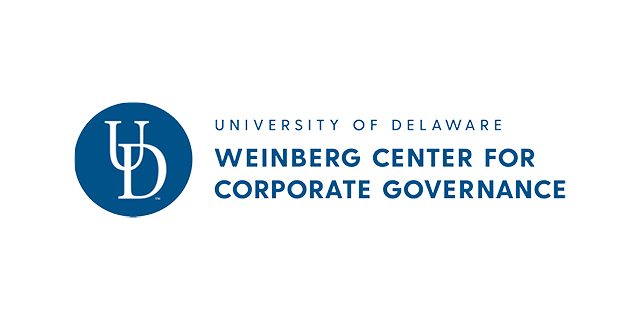-
Email
Linkedin
Facebook
Twitter
Copy Link

Loading...
Of those HCM proposals that came to a vote, more proposals received majority support compared to previous years—and some topics received average majority support for the first time. In the first half of 2021, support for HCM averaged at 39 percent compared to 23 percent in 2020. Moreover, in 2021, 12 out of 34 HCM proposals (or 35 percent) received majority support, versus 5 of 32 proposals (or 16 percent) in 2020, and 0 of 19 proposals in 2018. Proposals on EEO-1 data disclosure and employee arbitration policies received average majority support for the first time (69 percent and 54 percent, respectively). Other HCM proposals also received significant support, ranging between 46 percent (workplace diversity) and 22 percent (sexual harassment).Look for Shareholders to Focus on Diversity and Disclosure on HCM
Our September 24 blog post noted that the success of human capital management (HCM) proposals helped drive the unprecedented level of support for “E&S” shareholder proposals in the 2021 proxy season. This Alert focuses on what we saw in HCM proposals in 2021 and what to expect this autumn and next year. We’re tracking and reporting on shareholder voting trends at Russell 3000 firms in partnership with ESG data analytics firm ESGAUGE, leadership advisory and search firm Russell Reynolds Associates, and Rutgers University’s Center for Corporate Law and Governance.
Three key observations about HCM proposals in 2021:
What does this mean for 2022?
We expect a continued push by shareholders on HCM topics, with a strong focus on disclosure and diversity. Many investors will continue to advocate for more HCM disclosure through off-season engagement and shareholder proposals, especially since the SEC’s proposed rules on HCM disclosure will likely take effect after the 2022 proxy season. Workplace diversity, board diversity, and EEO-1 data disclosure will continue to be major topics of discussion, driven by the success of such proposals and proposals on racial audits this year. This may also spill over into director elections, as proxy advisors and investors updated their proxy voting guidelines and policies this year to hold directors accountable for what are seen as ESG oversight failures.
CEOs and their boards can take three fundamental steps to reduce the chance of (successful) HCM proposals and votes against their directors’ reelection. (1) Develop and adopt an HCM strategy that is integrally tied to the business strategy: identify key areas where the company’s workforce drives business success, set clear goals, and choose metrics to report progress. (2) Clarify and codify the board’s role with respect to HCM - and ensure it demonstrates its own commitment in this area, particularly through long-term director succession planning that prioritizes diversity. (3) Consistently communicate your HCM story through various channels (10K, proxy, ESG or stand-alone HCM reports, and website) and via shareholder engagement.
If you’d like to drill down on this year’s vote results, sign up for a demo of the ESG Advantage Shareholder Voting Screening Tool. It lets you generate customized reports on shareholder and management proposals based on topic, proponent, outcome, and company from 2018 through the current proxy season in the full Russell 3000. Best of all, with a single click, you can see the text of the proposal and the vote results — no need to navigate multiple filings or databases.
80 Years of Corporate Citizenship & Philanthropy Leadership
November 27, 2023
How CEOs and Boards Can Enhance Digital Trust
April 04, 2023
Reaching Net-Zero Emissions
January 31, 2023
First 2022 Racial Equity Audit Proposals Successful
March 22, 2022
IN THE NEWS
This Proxy Season, Shareholder Activism Is on the Rise
February 06, 2023
IN THE NEWS
2022 Proxy Season: Shareholder Voting Trends
February 17, 2022


